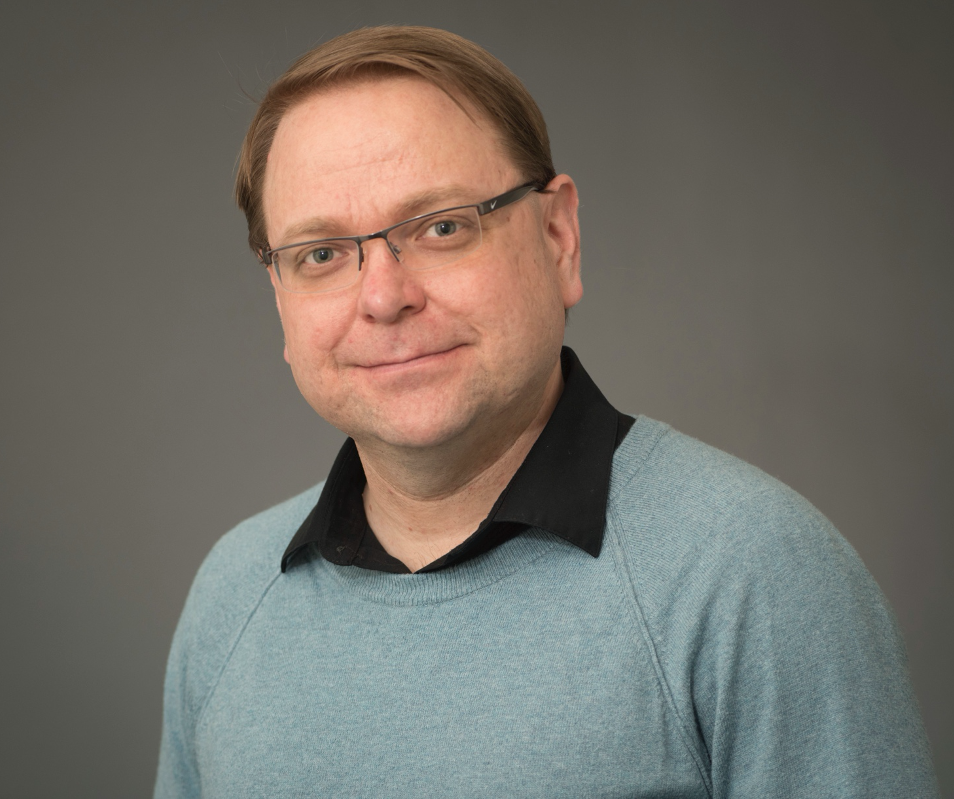
Aapo Nummenmaa, PhD
Principal Investigator
Aapo Nummenmaa, Ph.D., is currently an Assistant Professor of Radiology at Harvard Medical School and the Director of the MGH Martinos Center TMS Core Laboratory. He received his M.Sc. degree in Theoretical Physics (Mathematics) from University of Turku and Ph.D. in Cognitive Technology (Computational Engineering) from Helsinki University of Technology (currently a part of Aalto University) with his thesis considering Bayesian approach to the neuromagnetic source localization problem. Dr. Nummenmaa joined the Athinoula A. Martinos Center for Biomedical Imaging as a Post-Doctoral Fellow in 2008 and he received further training in multimodal imaging using MEG/EEG and fMRI, acquisition and analysis of diffusion MRI, and computational modeling of TMS. Dr. Nummenmaa joined the Martinos Center Faculty in 2014 and has since worked on microstructure mapping using diffusion MRI, high-performance computational modeling of TMS/MEG/EEG as well developing integrated multichannel systems for combining TMS with MEG/EEG and MRI.
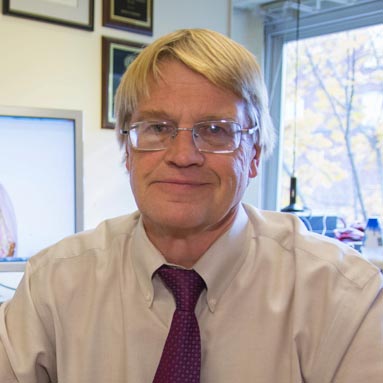
Sergei Makarov, PhD
Martinos Faculty
N. Makarov earned his B.S./M.S./Ph.D./Dr. Sci. degrees at the St. Petersburg State University, Russian Federation, Faculty of Mathematics. He joined the Faculty of State St. Petersburg University where he became a full professor in 1996. In 2000 he joined the Faculty of the Department of Electrical and Computer Engineering at Worcester Polytechnic Institute (WPI), MA where he became a full professor in 2008. In 2018 he also joined the Faculty of Athinoula A. Martinos Center for Biomedical Imaging, Massachusetts General Hospital, Boston MA. His current research interests include applied computational electromagnetics and human body interaction with electromagnetic fields including brain modeling. He is a recipient of the following: Samuel Satin Award – WPI 2004, Trustees Best Advisor Award – WPI 2009, Outstanding Professor Award – ECE Dept., WPI 2010, Community Service Award – ECE Dept., WPI 2011, Outstanding Professor Award – ECE Dept., WPI 2011, Trustees Best Teacher Award – WPI 2012, Outstanding Professor Award – ECE Dept., WPI 2015, Outstanding Professor Award – ECE Dept., WPI 2016, Community Service IEEE Award – ECE Dept., WPI 2016, and the Outstanding Professor Award – ECE Dept., WPI 2017.

Lucia Navarro De Lara, PhD
Post-Doctoral Fellow
Lucia Navarro de Lara, Ph.D., is currently a Post-Doctoral Fellow at the MGH Martinos Center and Harvard Medical School. She received a M.Sc. degree in Telecommunication Engineering from the Polytechnical University of Valencia, (Spain); M.Sc. degree in Biomedical Engineering from the Technical University of Vienna, (Austria) and her Ph.D. in Medical Physics (MR Imaging) from the Medical University of Vienna, Austria with her thesis on constructing a receive-only phased array head coil for combined transcranial magnetic stimulation-functional magnetic resonance imaging (TMS/fMRI) experiments. Dr. Navarro de Lara joined the Athinoula A. Martinos Center for Biomedical Imaging as a Post-Doctoral Fellow in 2017 and her current research is focused on developing and integrating the multichannel TMS array system lead by Dr. Nummenmaa in the MR environment, designing and constructing a whole head MR coil array for simultaneous mTMS/fMRI. Additionally, she has focused on MR safety working on electromagnetic computational simulations. She is also supporting the TMS/MEG system being installed at the Martinos Center.
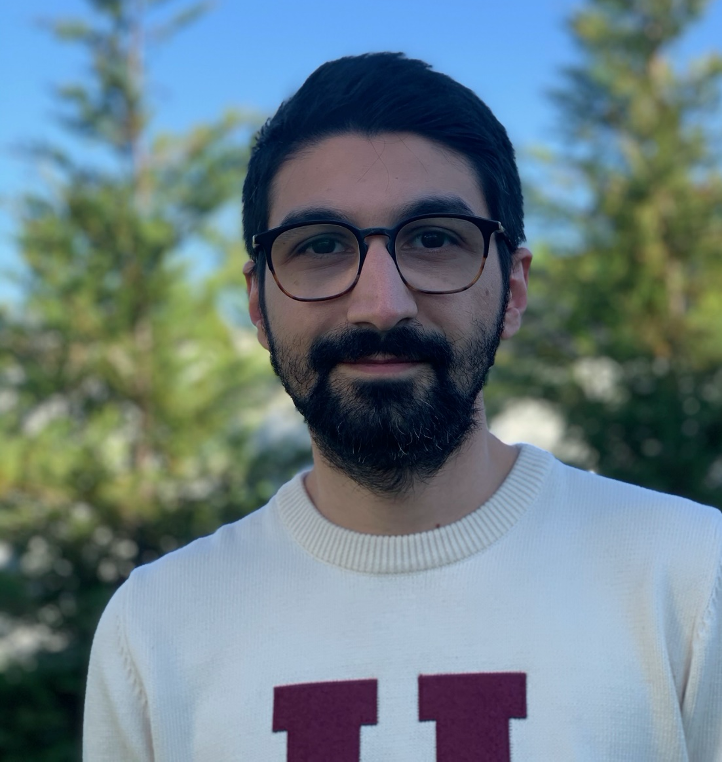
Mohammad Daneshzand, PhD
Post-Doctoral Fellow
Mohammad Daneshzand, Ph.D., is a Post-Doctoral Fellow at Massachusetts General Hospital and Harvard Medical School. He received his M.Sc. degree in Biomedical Engineering from University of Tehran and Ph.D. in Computer Science and Engineering from University of Bridgeport where he worked on computational modeling and closed loop approaches for Deep Brain Stimulation (DBS) and Transcranial Magnetic Stimulation (TMS). Mohammad’s current research at Athinoula A. Martinos Center for Biomedical Imaging involves developing computational neuronavigation methodology for multi-channel TMS system, development of electronic control of multiple TMS coils used in array configuration as well as their integration with imaging modalities such as magnetic resonance imaging (MRI), magnetoencephalography (MEG), and electroencephalography (EEG) and software development for tracking the positions of the TMS coils and integrating the positioning software with electromagnetic field modeling.
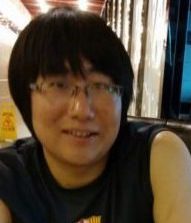
Qinglei Meng, PhD
Post-Doctoral Fellow
Dr. Qinglei Meng is currently a research fellow at Massachusetts General Hospital (MGH). He received his MS and PhD degrees from University of Maryland, Baltimore County in 2015 and 2018, respectively. In August 2015, he joined the National Institutes of Health (NIH) as a pre-doctoral fellow in the NIH Graduate Partnership Program. His main research areas are: focal and deep transcranial magnetic stimulation coil design; high-power transcranial magnetic stimulator circuit design and development of the sensor probes for transient electric field measurements. Other research topics include photo-acoustic sensing and human EEG studies. After graduation from University of Maryland, Baltimore County, he continued his research in the same lab at NIH as a postdoc fellow. Dr. Meng joined MGH in October 2021. At MGH, his research focuses on testing and fabrication of the coils and associated equipment for the integrated TMS-MRI multichannel stimulation/imaging array.
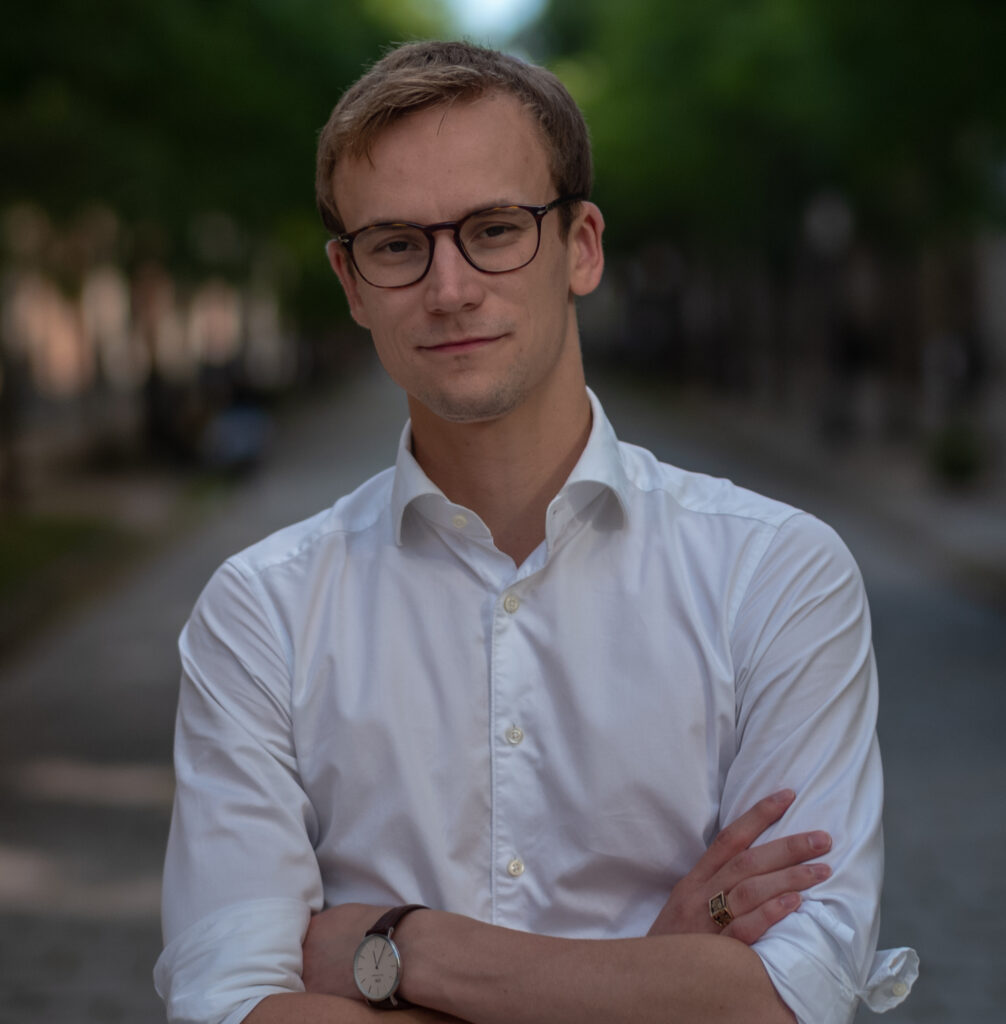
John Samuelsson, PhD
Post-Doctoral Fellow
John Samuelsson, PhD, is a postdoctoral research fellow and principal investigator in the BRAIN Initiative F-32 Ruth L. Kirschstein Postdoctoral Individual National Research Service Award program, based at the Martinos center. He received a BS degree in Engineering Physics and MEng degree in Aerospace Engineering at the Royal Institute of Technology (KTH) in Sweden before coming to the Massachusetts Institute of Technology (MIT) and Harvard University for his PhD in the Harvard-MIT Division of Health Sciences and Technology program in Medical Engineering and Medical Physics (MEMP). In his doctoral research he worked on computational methods and analyses aimed at extending the capabilities of present Magneto- and Electroencephalography technology from the cerebral cortex to subcortical structures with a particular emphasis on the cerebellum. In his postdoctoral research at the Martinos TMS lab, he is working on the development of a new kind of magnetic stimulation technology that uses continuous stimulation waveforms in a multiple coil array in order to achieve greater stimulation specificity in the subcortex.

Keren Zhu, PhD
Post-Doctoral Fellow
Keren Zhu is currently a Post-Doctoral Research fellow at Athinoula A. Martinos Center for Biomedical Imaging, Massachusetts General Hospital, Harvard Medical School in Boston, MA, where she first joined in May 2023. Prior to that, she received the Ph.D. (2022) and B.S. (2017) degrees in Electrical and Computer Engineering from the ElectroScience Laboratory at the Ohio State University in Columbus, OH, USA. From May 2021 to July 2021, she was a Student Intern with Altair Engineering Inc., Troy, MI, USA. Her research interests include electromagnetics, antennas, and bio-medical sensors. Her publication record includes 1 book chapter, 2 patents, 8 journal papers, and over 10 conference papers and abstracts. She was the recipient of the pre-graduate scholarship at the IEEE Microwave Theory and Techniques Society (MTT-S) in 2018, the Distinguished Graduate Student Award from The Ohio State University Women in Engineering in 2018, the third place in three-minute Thesis contest award during 11th annual CERF technical Meeting in 2020, the “Best Student Paper Award” at the ElectroScience Laboratory Annual Awards Ceremony in 2021, and the third place in Student Paper Competition at the 2023 International Applied Computational Electromagnetics Society (ACES).
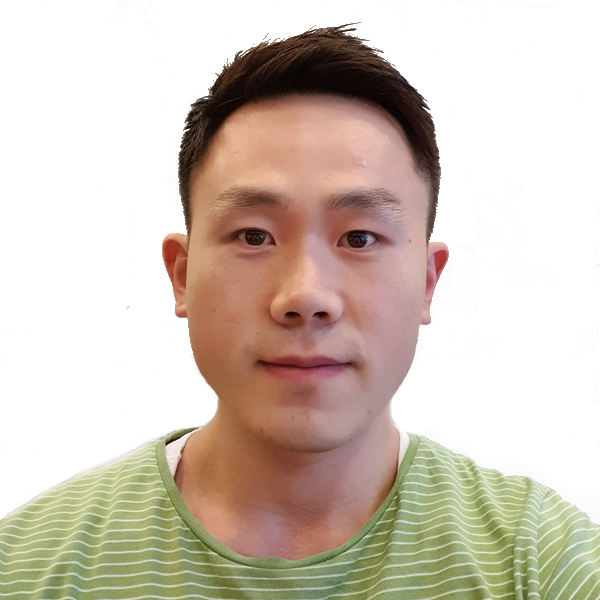
Evgenii Kim, PhD
Post-Doctoral Fellow
Evgenii Kim is a Post-Doctoral Fellow at the Massachusetts General Hospital and Harvard Medical School, holding a Ph.D. in electrical engineering and computer science from the Gwangju Institute of Science and Technology (South Korea). His expertise lies in implementing transcranial focused ultrasound for neuromotor conditions like stroke and epilepsy, alongside his proficiency in developing cutting-edge optical devices for medical imaging. Currently, his research is focused on refining the localization of Transcranial Magnetic Stimulation (TMS) through advanced algorithms. Evgenii is passionate about translating his research into impactful clinical solutions.
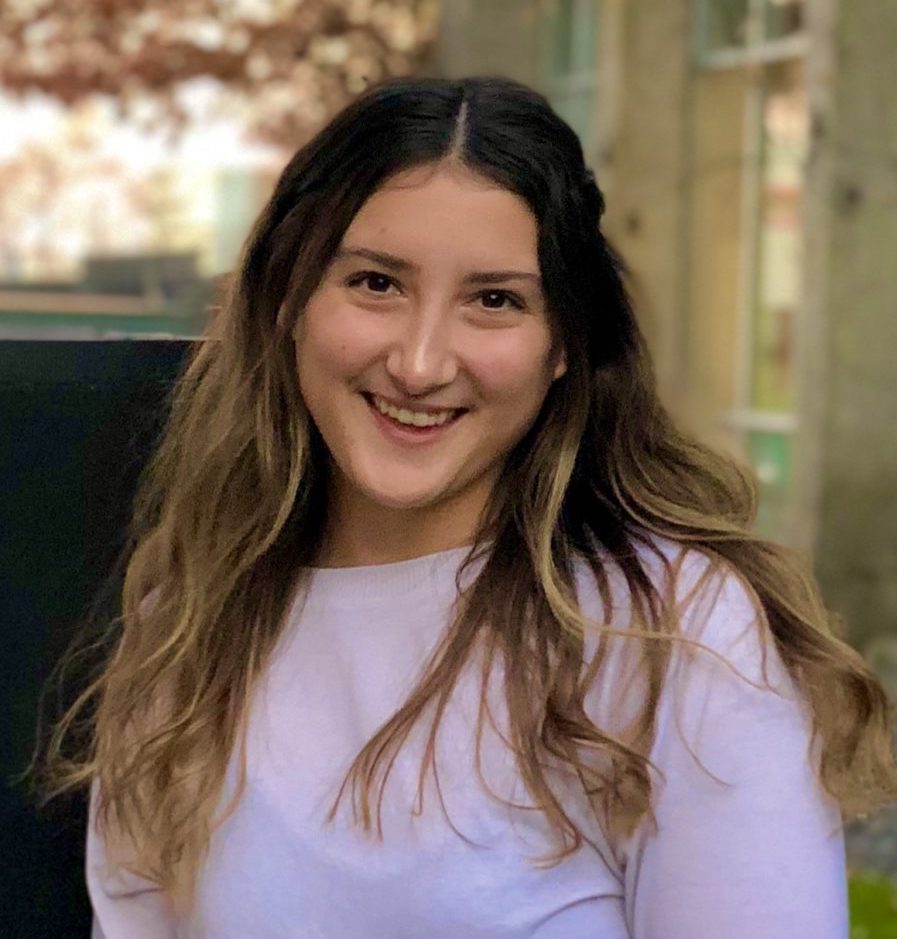
Tori Turpin
Research Staff
Tori Turpin is the Research Coordinator of the TMS Lab in the MGH Martinos Center for Biomedical Imaging. She received her Bachelor of Science in Biopsychology, Cognition, and Neuroscience at The University of Michigan, Ann Arbor in 2019. During her undergraduate career, Tori worked as a research assistant in the University of Michigan Cognitive Neuroimaging Lab where she contributed to projects on the combined use of brain training, tDCS, and fMRI to modulate and observe effects on cognitive processes. She also completed a summer internship in cognitive development in the Berkeley Early Learning Lab at the University of California, Berkeley in 2018. Tori is interested in neurostimulation such as TMS and neuroimaging approaches such as MRI, EEG, and MEG to probe mechanisms of working memory and attention. Tori is also a member of the Auditory Cognition Lab in the Martinos Center.
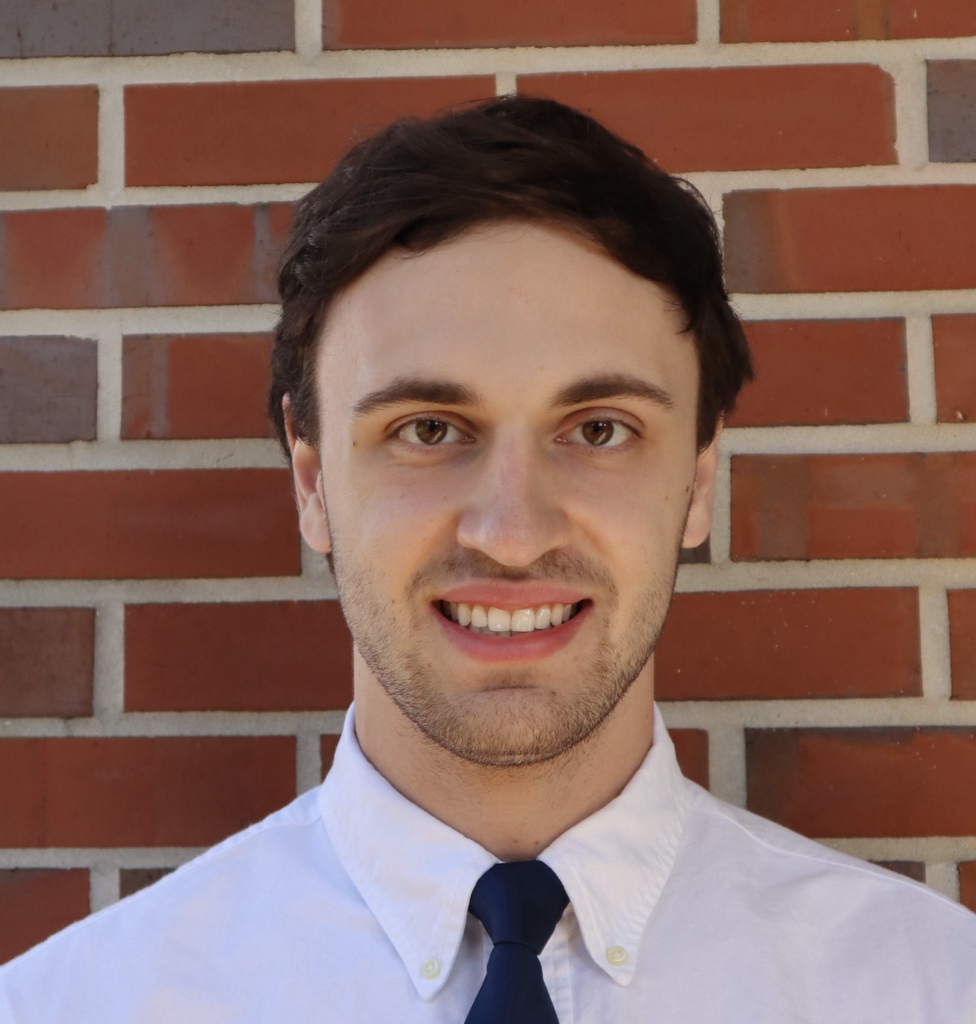
Parker Kotlarz
Research Staff
Parker Kotlarz is a Clinical Research Coordinator for the TMS Lab in the Athinoula A. Martinos Center for Biomedical Imaging at Massachusetts General Hospital. He graduated summa cum laude with a Bachelor of Science in Biomedical Engineering at the University of Florida in 2022. While at the University of Florida, Parker conducted research on network analysis of memristive neural networks and machine learning applications for novel perovskite materials discovery. Additionally, he used graph and percolation theory to identify biomarkers in Alzheimer’s disease, publishing his work titled “Connectomic Analysis of Alzheimer’s Disease using Percolation Theory” in Network Neuroscience. Parker is interested in understanding functional connectivity within the brain through neuroimaging (fMRI, iEEG, MEG) and neuromodulation (TMS) modalities. Parker is also a member of the Auditory Cognition Lab in the Martinos Center.

Netri Pajankar
Research Staff
Netri Pajankar is the Sr. Clinical Research Coordinator of the TMS Lab in the MGH Martinos Center for Biomedical Imaging. She graduated with her Bachelor of Science in Life Sciences Summa Cum Laude in 2020, and received her Master’s of Science in Neuroscience in 2022 at McMaster University in Ontario, Canada. Netri worked at the Language, Memory and Brain Lab at the ARiEAL Research Centre where she contributed to several EEG studies observing cognitive processes in mTBI patients and patients with Disorders of Consciousness (DoC). As part of her Master’s thesis project, she developed an EEG-ERP paradigm investigating the cognitive activity involved in understanding meaning without taxing working memory in patients with DoC. Netri is interested in exploring cognitive processes using various neuroimaging techniques (EEG, fMRI, MEG), and neurostimulation (TMS). Netri is also a member of the Auditory Cognition Lab in the Martinos Center.
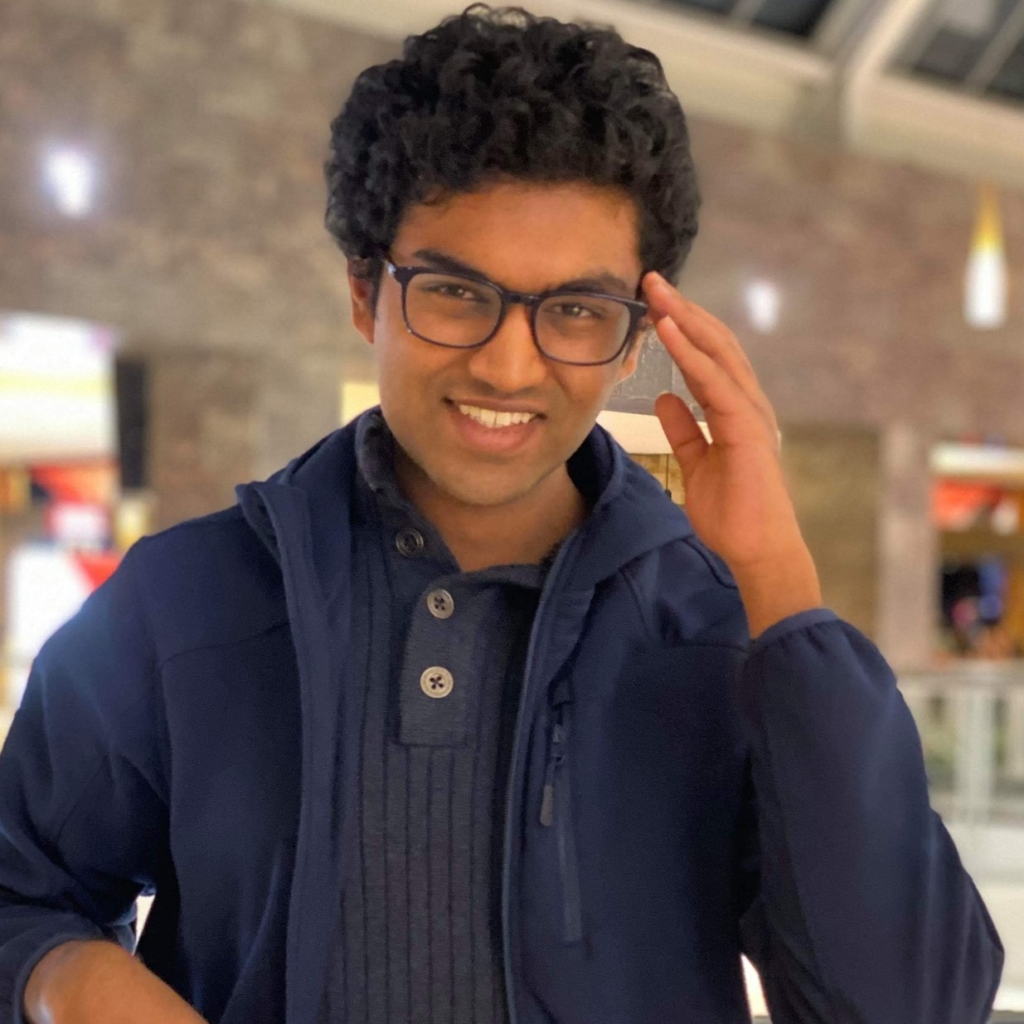
Prithvi Nathan
Undergraduate Student Researcher
Prithvi Nathan is an Undergraduate Student Researcher with the TMS Lab. He is currently completing his Bachelor of Science in Electrical Engineering at the University of Illinois at Urbana-Champaign. Prithvi has started his work with researching computer modeling of temporal interference stimulation and is currently working on an ultrasound-powered neurostimulator implant project.